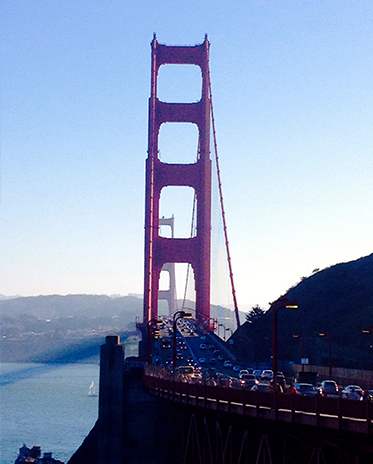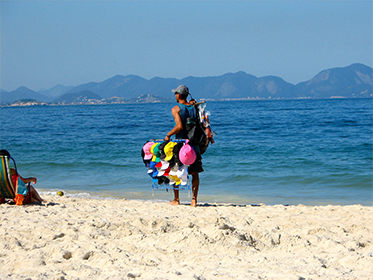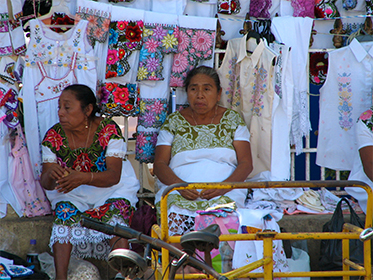Economic Implications
Tourism is the fastest growing industry in many economies and generates billions of dollars. In an ideal situation, much of tourism spending would stay within the local community and create a multiplier affect, increasing local education rates, jobs, and purchasing power. There is great responsibility in building sustainable tourism infastructures that assure a benefit to the local economy.
The impact of tourism can also be economically devastating and leave communities vulnerable to seasonal changes or economic downturns. Significant foreign investors and a demand for imported goods keeps much of the profit from ever making it into the local economy.
As a destination becomes more desirable, tourist spending in the area increases. This often leads to inflated values on the price of goods and services. Prices are likely to rise in order to maximize profits and meet the demands of tourists. Unfortunately locals are then priced out of their own market and can no longer compete with the spending of tourists. Over time this will affect the cost of housing, food, entertainment, and activities in the local community.
Large hotel chains often import items that cater to the demand of guests rather than buying locally produced goods. They are also more likely to hire employees outside of the local area . This negates the benefits tourism can have on an economy and instead increases the pockets of foreign investors.
As a tourist, your goal should be to seek out locally owned hotels, restaurants, transportation, and tour packages. If your hotel is owned by locals then more of the money will actually remain in their economy.
When purchasing items from locals there is an economic and sociocultural implication. Local artisans are part of the economy and their goods are representative of the living culture. Many travel books advocate haggling with locals over prices because they say it is part of their culture. Capitalism is fairly new in a lot of locations and haggling is a practice most likely brought about by tourism itself.
Cultural identity is woven into the fabric of many handicrafts tourists take home as souvenirs. Many artisans learn their trade from family members who have passed down these skills over generations. Tourists should be careful to not to haggle with vendors over prices so much so that it devalues the amount of labor spent in preservation of cultural traditions. Ultimately the practice of haggling leads to a loss of authentic handicraft artisans and an increase in vendors selling imported imitation goods.
Talk to people about their craft, their designs, and what it means to them. Ask questions and be prepared to spend a little time and money to ensure what you are purchasing is authentic.
As a world traveler once said, “Being taken advantage of is a relative term. If you value something enough to pay money for it, then the value comes from the story and your own demand, not from an arbitrary savings.”
According to the United Nations Environment Programme, 70% of all tourism money generated in Thailand leaves the country. It may be as high as 80% in the Caribbean. For every $100 spent by a tourist from a developed country on a package tour, only $5 stays in the developing destination’s economy.



